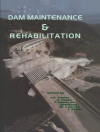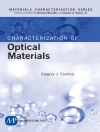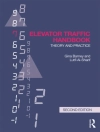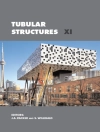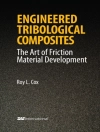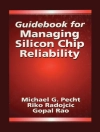Unmanned Aircraft Systems delivers a much needed
introduction to UAV System technology, taking an integrated
approach that avoids compartmentalising the subject. Arranged in
four sections, parts 1-3 examine the way in which various
engineering disciplines affect the design, development and
deployment of UAS. The fourth section assesses the future
challenges and opportunities of UAS.
Technological innovation and increasingly diverse applications
are two key drivers of the rapid expansion of UAS technology. The
global defence budget for UAS procurement is expanding, and in the
future the market for civilian UAVs is expected to outmatch that of
the military. Agriculture, meteorology, conservation and border
control are just a few of the diverse areas in which UAVs are
making a significant impact; the author addresses all of these
applications, looking at the roles and technology behind both fixed
wing and rotorcraft UAVs.
Leading aeronautical consultant Reg Austin co-founded the
Bristol International Remotely Piloted Vehicle (RPV) conferences in
1979, which are now the longest-established UAS conferences
worldwide. In addition, Austin has over 40 years’ experience in the
design and development of UAS. One of Austin’s programmes, the
‘Sprite UAV System’ has been deployed around the world and operated
by day and night, in all weathers.
Об авторе
Leading aeronautical consultant Reg Austin co-founded the Bristol International Remotely Piloted Vehicle (RPV) conferences in 1979, which are now the longest-established UAS conferences worldwide. In addition, Austin has over 40 years’ experience in the design and development of UAS. One of Austin’s programmes, the ‘Sprite UAV System’ has been deployed around the world and operated by day and night, in all weathers.


